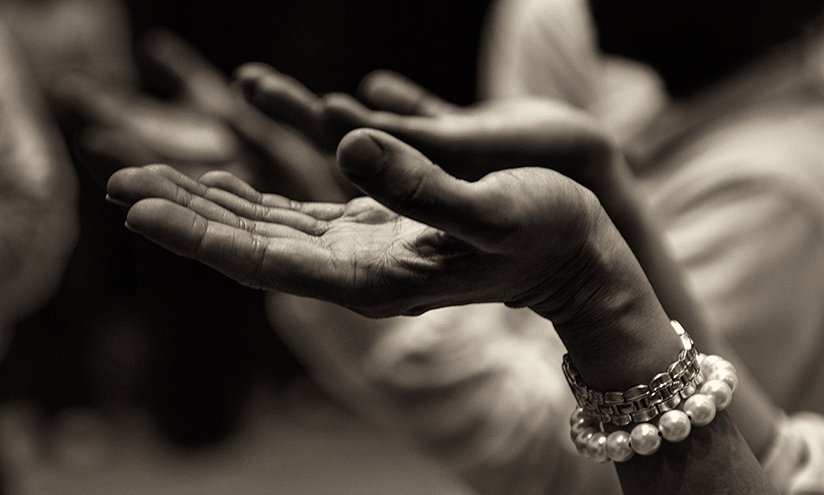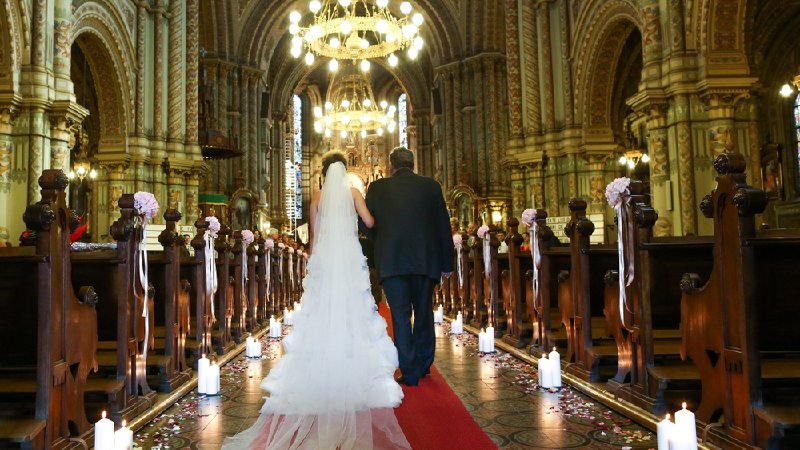
-
HOME
-
WHAT IS STANDOur Mission Our Values Our Help Contact
-
WHAT WE FIGHT FORReligious Freedom Religious Literacy Equality & Human Rights Inclusion & Respect Free Speech Responsible Journalism Corporate Accountability
-
RESOURCESExpert Studies Landmark Decisions White Papers FAQs David Miscavige Religious Freedom Resource Center Freedom of Religion & Human Rights Topic Index Priest-Penitent Privilege Islamophobia
-
HATE MONITORBiased Media Propagandists Hatemongers False Experts Hate Monitor Blog
-
NEWSROOMNews Media Watch Videos Blog
-
TAKE ACTIONCombat Hate & Discrimination Champion Freedom of Religion Demand Accountability
Humanity’s Continuing Belief in God and the Soul
A recently released report by the Pew Research Center showed that Americans are much more likely to be actively religious than their counterparts in other Western nations and that the United States is unusual compared to other affluent countries in that many more Americans are actively religious.

The report was based on survey data from many countries and described two criteria of what constitutes “religious”: percentage of people who pray every day and percentage of people who say religion is very important to them. The United States came out at over 50 percent in both categories. When compared to similar countries, the results are staggering. For example, in Canada—which, in addition to being our next-door neighbor, has a very similar historical and cultural background—the percentages in both categories are well under 30 percent. There are similar results for Western Europe as well as countries that evolved as colonies of Great Britain.
A number of experts have suggested that the United States is such an outlier because its tradition of religious freedom without an established state religion has resulted in religions actively striving for new members which has helped to keep religion vital and alive. But while there is a lot of truth to that, it can’t be the whole story. For example, Muslim countries that were included in the survey generally ranked at above 80 to 90 percent in both categories. Yet Muslim countries often restrict the religious rights of non-Muslims. A number of Latin American countries, all of which are heavily Roman Catholic, are reported as having both scores in the 70 to 80 percent range.
The verdict is that much of the human race maintains a strong belief in its own spirituality.
Looking more broadly at the Pew Center’s findings and the survey data it is based on, the results need to be taken with a long list of caveats and many grains of salt (though I admire their efforts). For example, there is no generally agreed-upon definition of “religion” and many people have conflicting ideas about what the term means. So how could a survey asking people whether they consider themselves to be “religious” achieve any kind of consistent results?

Further, they appear to be operating on the assumption that people in affluent countries who feel more secure economically have less need for religion and so are less likely to pray and more likely to view religion as unimportant. But could it be instead that people in these countries have been more systematically indoctrinated in the “truths” of materialism than the rest of the world? Consider that the communist and former communist countries surveyed—which do not generally rank high economically and where atheism was as forcefully preached as any state religion imposed by a theocracy—are all at the bottom of both graphs. Most are well under 20 percent and China is at rock bottom—close to zero in both categories.
Other research by the Pew Center further contradicted the contention that people in affluent countries are overwhelmingly materialistic. They surveyed people without religious affiliation—as well as those who consider themselves spiritual but not religious—and when all of these individuals are included, close to 50 percent of those surveyed in Europe and around 80 percent of those surveyed in the U.S. had some belief in religion and also an awareness of human spirituality.
Here is my take on the Pew Center’s reports and underlying research: whatever the variations by country and the reasons for them and whatever different ideas people have about “spirituality” and “religion,” the verdict is that much of the human race maintains a strong belief in its own spirituality and in something which transcends and is senior to the unthinking and uncaring interaction of purely material forces.
And that’s a good thing.









